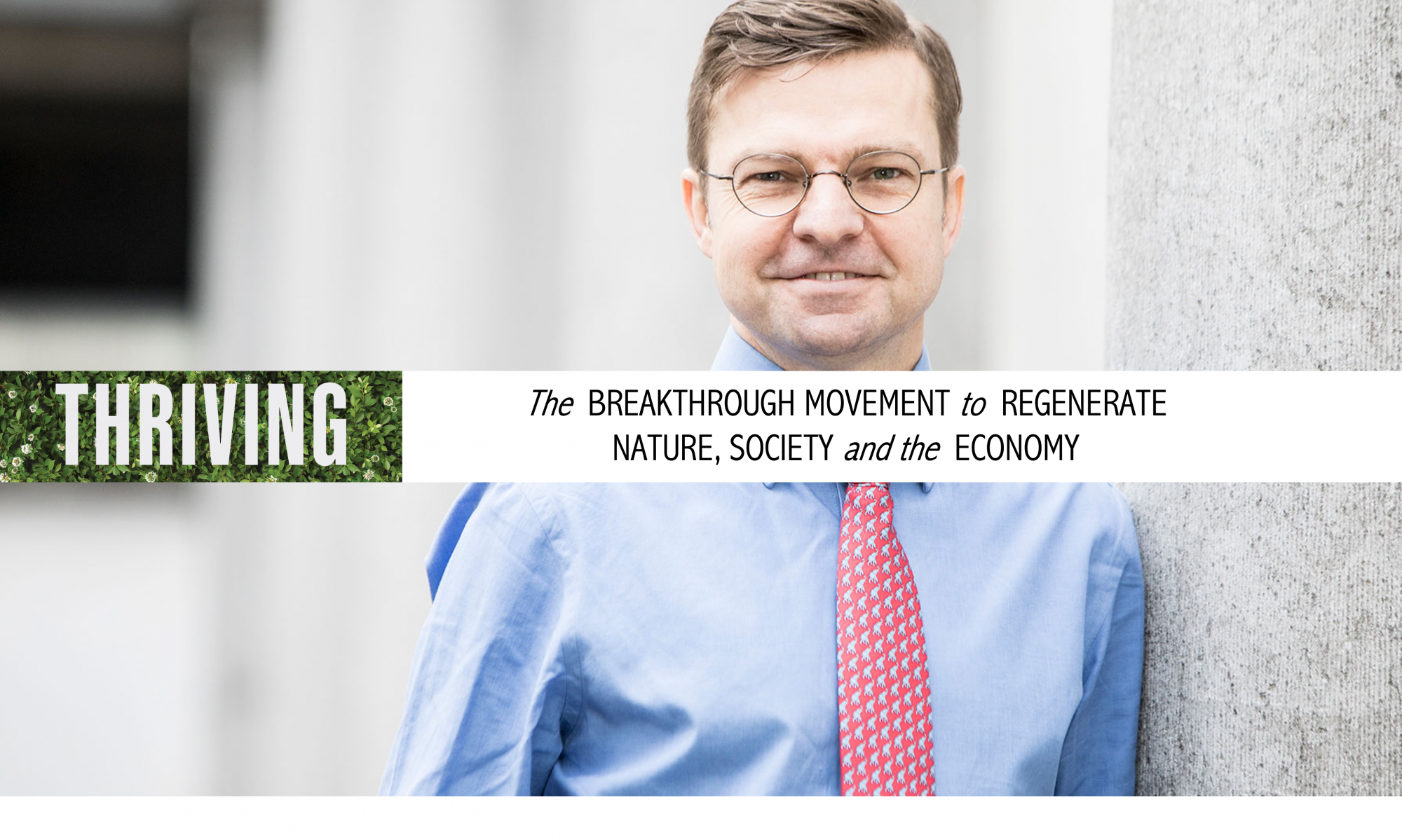Epiphanies
Prose by Wayne Visser
~ An epiphany is seeing the same world again, but differently this time ~
What was your last epiphany? It could have been a life changing Damascus experience, or simply a refreshing “a-ha” moment. Either way, your world was suddenly different, you saw things in a changed light, your perspective was profoundly shifted. Looking back, you realise that you were not seeing new lands, but seeing with new eyes. Epiphanies are like that. Our paradigm – the basic pattern which structures our thinking – changes. We spot the underlying assumptions that shape our world view and we begin to question our most cherished beliefs. We start to entertain the possibility, perhaps for the first time, that our way is not the only way, that what seemed self-evident and factual is really value-laden and subjective. All the greatest discoveries in history have been made this way. The scientific breakthroughs and technological inventions that changed the world can call be traced back to an epiphany. The earth was unquestionably flat until Copernicus had the courage to imagine it round. Time and space were undoubtedly fixed until Einstein had the insight that they are relative. In retrospect, some epiphanies seem blindingly obvious. And not just with the benefit of hindsight – something more powerful is at work. So why did they take so long to occur? Because as humans, we are prone to a kind of mass hypnosis. We are creatures of habit, vulnerable to suggestion. We believe because others believe, accept the truth because there is general consensus about its validity. Epiphanies are the ultimate habit-breakers. They are often dramatic because they have to be, to break the mould we are trapped in, to shatter the house of mirrors we think is reality. They feel like earthquakes because they shake up our neat picture of the world, forcing us to put it back together again in a different arrangement. Because, like Humpty Dumpty falling off the wall, once an epiphany has occurred, there is no going back to the way it was before. This may all sound rather intimidating, and indeed, epiphanies are not for the faint hearted. But they should be welcomed, not be feared, anticipated, not avoided. Epiphanies are the true force behind evolution. Progress is never straight forward and the learning curve is never smooth. Evolution occurs in great leaps, step changes. These discontinuities are the way we break with the past, free ourselves from the limitations of our old modes of thinking, take the game to a higher level. The question then becomes: are epiphanies beyond our control? Do we have to simply wait and hope that one day inspiration will strike? The answer is no. Although epiphanies are never predictable, we can make their visitation more likely. How? By learning to be open to change, by constantly questioning our assumptions, by not clinging so tightly to our beliefs, by deliberately exposing ourselves to diversity, by engaging with those we disagree with. We also need to cultivate our imagination. Grand epiphanies are the cumulative effect of numerous humble insights. Before the Big Bang, there were lots of little sparks. Admittedly this kind of shapeshifting can be frightening. Every caterpillar makes its first flight as a butterfly with trepidation. But look at the result – the newfound freedom, seeing the world from a totally different vantage point. Can you recall how liberating your last epiphany made you feel? How that unexpected realisation reinvigorated your lust for life? The Christian tradition reminds us that epiphanies are a manifestation of something numinous – a higher power, a greater wisdom. Are you ready to touch the sky? Today may just be your day for an epiphany to strike. Eureka!Wayne Visser © 2005
Download
[button size=”small” color=”blue” style=”download” new_window=”false” link=”http://www.waynevisser.com/wp-content/uploads/2012/07/prose_waynevisser_epiphanies.pdf”]Pdf[/button] Epiphanies (prose)
Related pages
[button size=”small” color=”blue” style=”info” new_window=”false” link=”http://www.waynevisser.com/books/seize-the-day”]Page[/button] Seize the Day (book)





